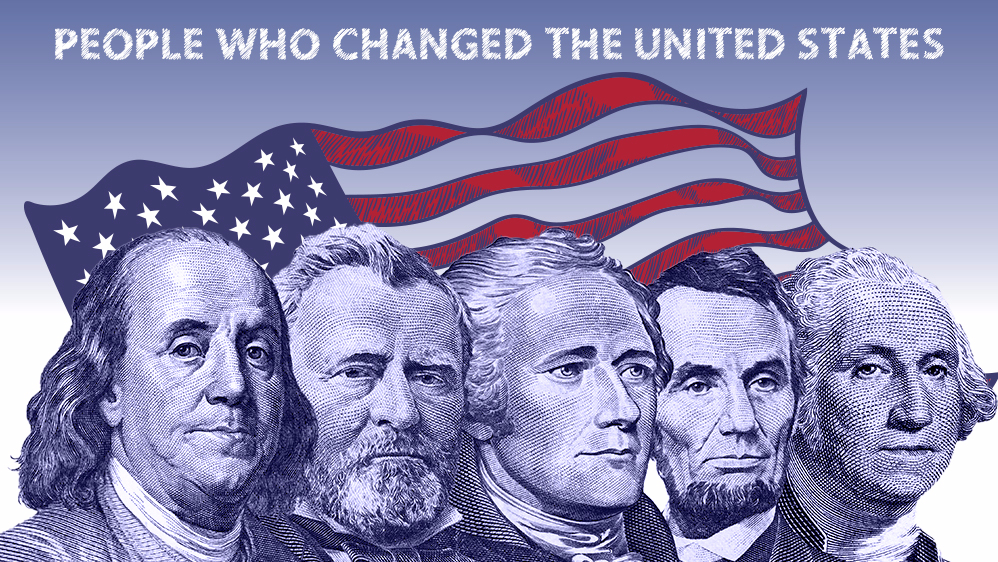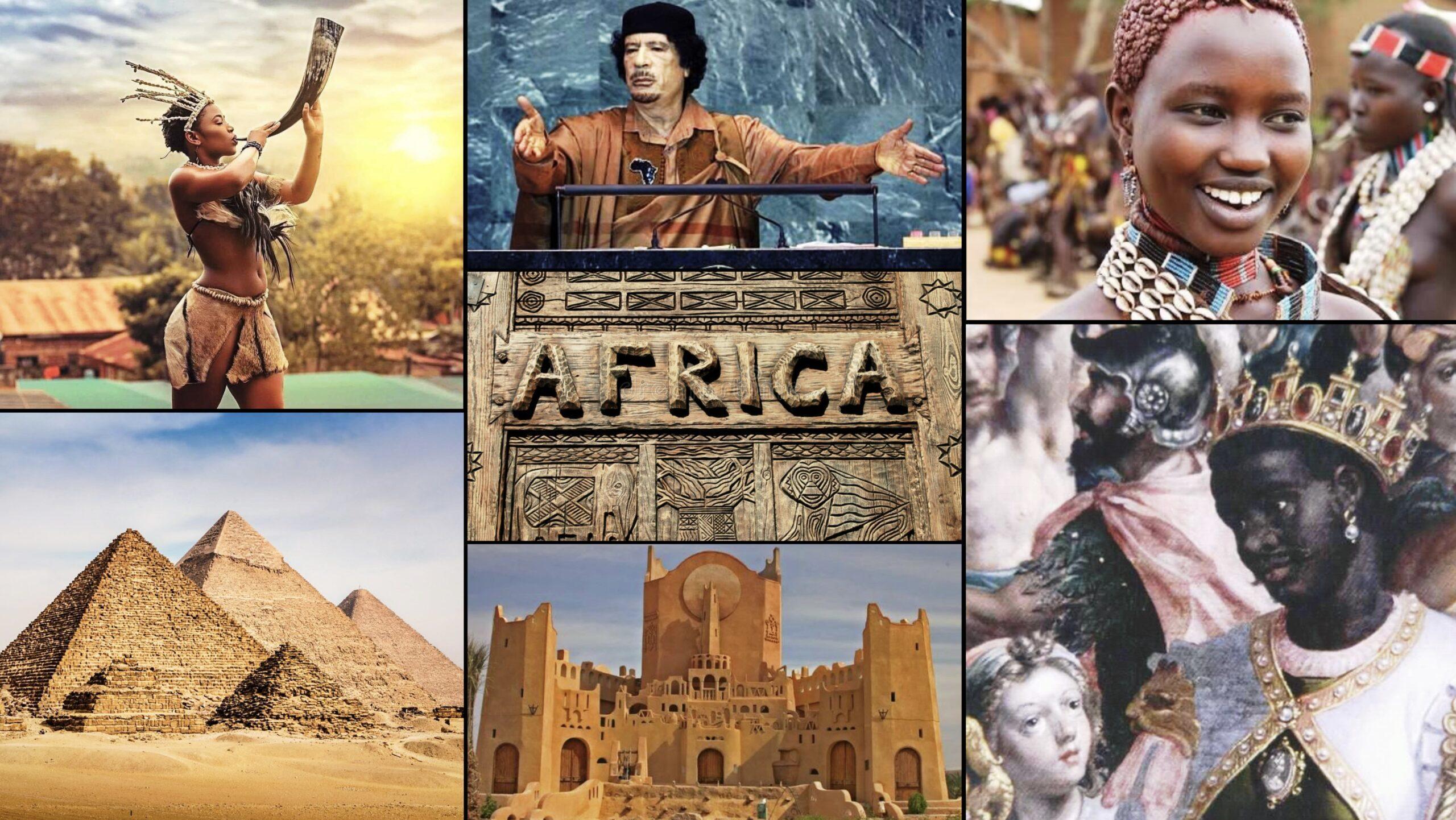Guides
What African Leaders Need To Learn From America

Without a doubt, the United States of America is the world’s most powerful country today. This difference may be seen in almost every aspect of human activity, including the military, diplomatic, technical, and economic spheres. Along with its political and military power, the US excels in sports, culture, entertainment, education, and every other aspect of human endeavor. While a lot of factors can be responsible for the country’s national success, one of the main factors that puts everything together is good leadership. Here is what African leaders need to learn from America in terms of leadership and governance.
Brief History of America

What African Leaders Need To Learn From America
The United States of America is a country that was established on July 4, 1776. Prior to this establishment, the said area was initially occupied by was divided into 13 different British colonies. However, after the American Revolutionary War, the British colonial Master granted the United States independence, therefore becoming the first nation-state founded on Enlightenment principles of unalienable natural rights, consent of the governed, and liberal democracy.
According to historical reports, the country was founded on certain fundamental principles of governance such as constitutionalism, the rule of law, individual rights, equality, and popular sovereignty. All of these are enshrined in the country’s founding documents, such as the Declaration of Independence, the Constitution, and the Bill of Rights. These principles have played a central role in shaping the nation’s identity and guiding its development.
Since then the United States has gone through a series of developments historically, from the 400 years of slavery of Africans, which eventually led to a civil war, racial discrimination and inequality, and active participation in the two world wars that plagued the planet, decades ago. However, the country has been able to rise from the ashes and develop itself as a great power in the international sphere and the world’s largest economy.
Brief History Of The African Continent

What African Leaders Need To Learn From America
The African continent is considered as the birthplace of humankind. It was seen as a wellspring of wisdom in the ancient worlds of Greece and Rome. According to historical reports, the continent was home to several powerful but thriving kingdoms and nations. However by the 15th century, with the spread of Christianity throughout Europe, perceptions of Africa shifted, and by the Middle Ages, the continent was linked to pagan rituals and darkness.
The Catholic Church which was the most powerful entity in the world at that period, decided to colonize and subjugate the continent using Portugal and Spain. By the 19th century, The northern European colonial powers split up the rest of Africa among themselves, all of which ultimately resulted in slave trade and colonialism.
The riches and population of the continent were exploited, and not many resources were used for the continent’s own gain. As a result of the twentieth-century decolonization process, nation-states with rudimentary infrastructure and artificial borders that frequently crossed tribal lines came into being.
A large portion of nation-states experienced political unrest and economic hardship in the latter part of the 20th century. Political independence was rare, and presidents were often “for life” positions. Nevertheless, these presidents oversaw nations devoid of a strong civil society base upon which democracy might be established. While their nations were being impoverished and their debt to the West was growing, several of these authoritarian leaders amassed enormous riches for themselves.
What African Leaders Need To Learn From America
For a considerable amount of time, most African nations have suffered from a leadership crisis. This complex issue has gotten worse in a number of nations, including the Congo, Rwanda, Liberia, and Nigeria. The devil of good administration in African nations has been determined to be bad leadership, particularly when it comes to propensities for corruption.
Due to the nature of democracy and leadership practices on the continent, Africa still lacks a culture of peaceful power transfers and leadership capable of enhancing the welfare demands of the populace. African leadership and American leadership styles can be compared in a number of ways.
More Articles on RNN
10 Famous African Historical Figures You Should Know
6 Leaders Responsible for Nigeria’s Independence
